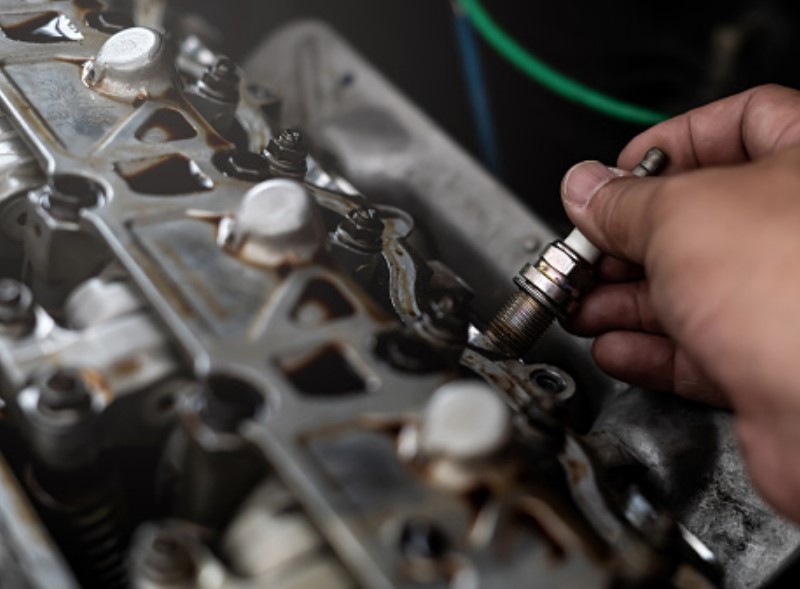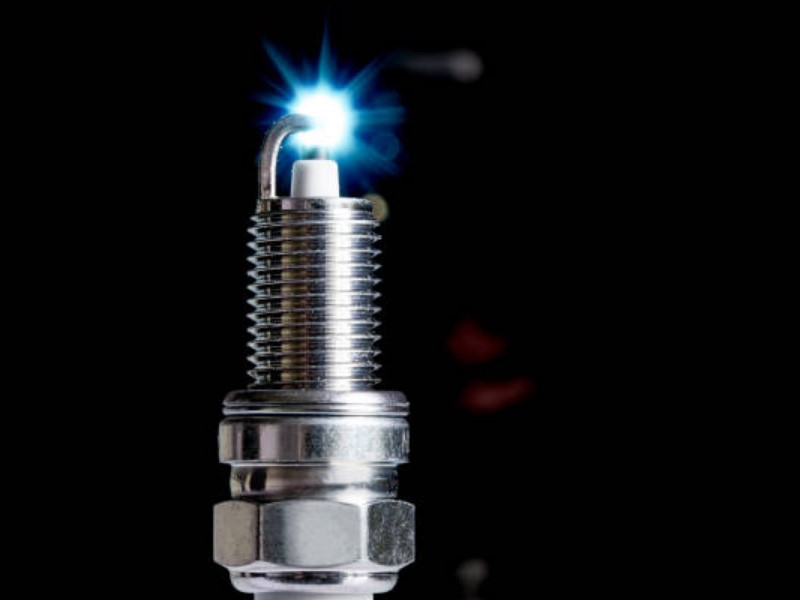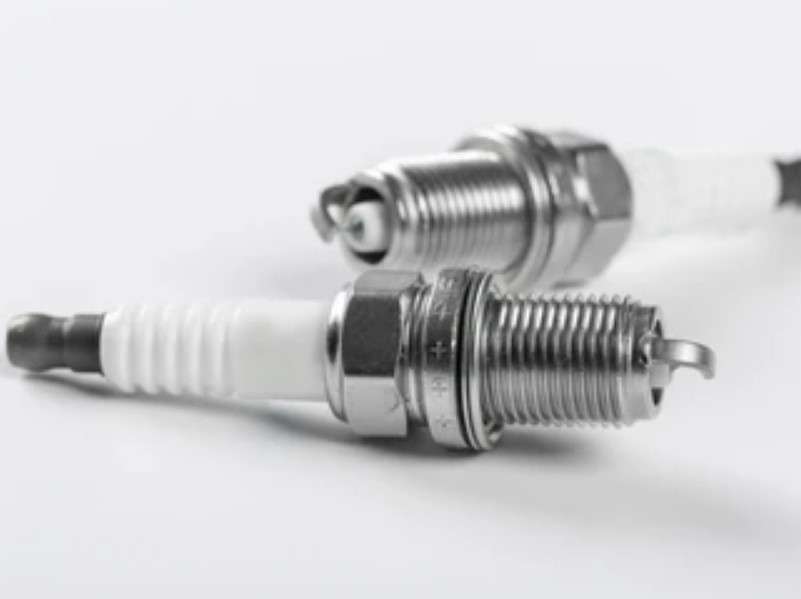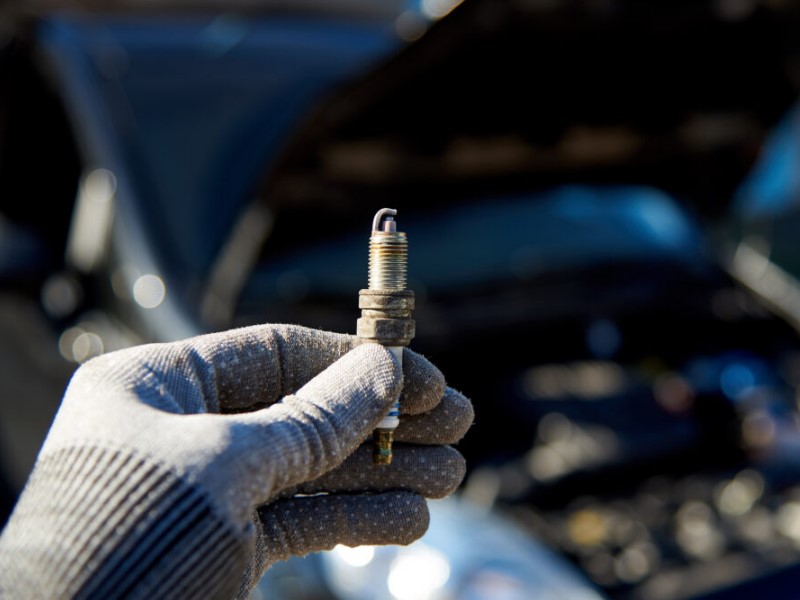We have seen so many films where the reason why cars stop on the street or right in front of a handsome mechanic’s workshop is dirty spark plugs. But apparently, the cinema hasn’t done enough: most people never think about spark plugs and their function if the engine has problems. Yet these small parts play an incredibly important role in the operation of your car. In fact, without properly working spark plugs, your car most likely would not be able to run at all. In this article, we want to take a closer look at why spark plugs are so important, including what they do and how to know when it might be time to replace them.
Table of Contents
What do Spark Plugs do?
Your engine is a truly remarkable system, designed to transform a source of energy (gasoline) into real motion. But have you ever wondered how it does it? The answer is the principle known as internal combustion. To turn the fuel in your car from a potential energy source into a kinetic energy source, the engine needs to find a way to release energy, and it does so through the combustion process.

The engine cycle is what makes this process possible and, in this cycle, the valves fill the cylinder with a mixture of air and fuel (which are highly explosive when combined). As the engine piston moves up, it compresses this mixture until it comes into an extremely small space, creating even more potential energy. At the height of this compression, the engine ignites this mixture with a small spark, creating a blast that forces the piston to move backward downward, turning the crankshaft and creating the power that propels your car forward. it all boils down to a simple spark then. The spark plugs are what provide the spark that ignites the air/fuel mixture, creating the explosion that allows it to produce energy. These small but simple parts create an arc of electricity through two wires that don’t touch, but that is close enough together for electricity to pass through them. Your spark plugs, along with the electrical and timing equipment that powers them, are part of what is known as your ignition system.

Typically, spark plugs are made of extremely robust material and are capable of withstanding millions and millions of explosions before they wear out or need to be replaced. But it’s true that over time explosions and corrosion naturally lead to smaller or weaker sparks and this leads to reduced engine efficiency (and could lead to other problems, including misfire).
When should I Change the Spark Plugs?
Most manufacturers install “long life” spark plugs at the factory.
Long-life spark plugs are generally rated for a lifespan of around 100,000 miles (around 160,000 km). As these spark plugs approach the end of their life cycle, the gap between the two leads begins to widen, which leads to reduced efficiency and the possibility of misfiring. If your spark plug corrodes to the point where it breaks, it could cause serious damage to the inside of the engine cylinder, which leads to an extremely expensive and very complex repair.
Be sure to consult your vehicle’s user manual to see how long your spark plugs are rated for and never let your spark plugs exceed their rated mileage.
How to Select New Spark Plugs
When using new spark plugs, be sure to select the ones that fit your vehicle. Most auto parts stores, e.g. Silux online, will be able to help you with this and you will have many different models to choose from.

Those using precious metals such as platinum or iridium generally cost more than those using common metals such as copper but generally resist much better wear. A general rule of thumb to help you never go wrong is to select the same make and model that was factory fitted to your vehicle. In general, however, remember to also do some maintenance, greasing the spark plugs every time it is needed.
Articles from the same category:
- The importance of choosing the best replacement items for your car
- One of the engine components that you simply must understand
- Important Spare Car Parts Every Car Owner Should Have
- All About Exhaust Systems
- Useful Tools to Always Have in Your Car
- Most Common Problems of Car Batteries
- The advantages of buying online, even for your car

